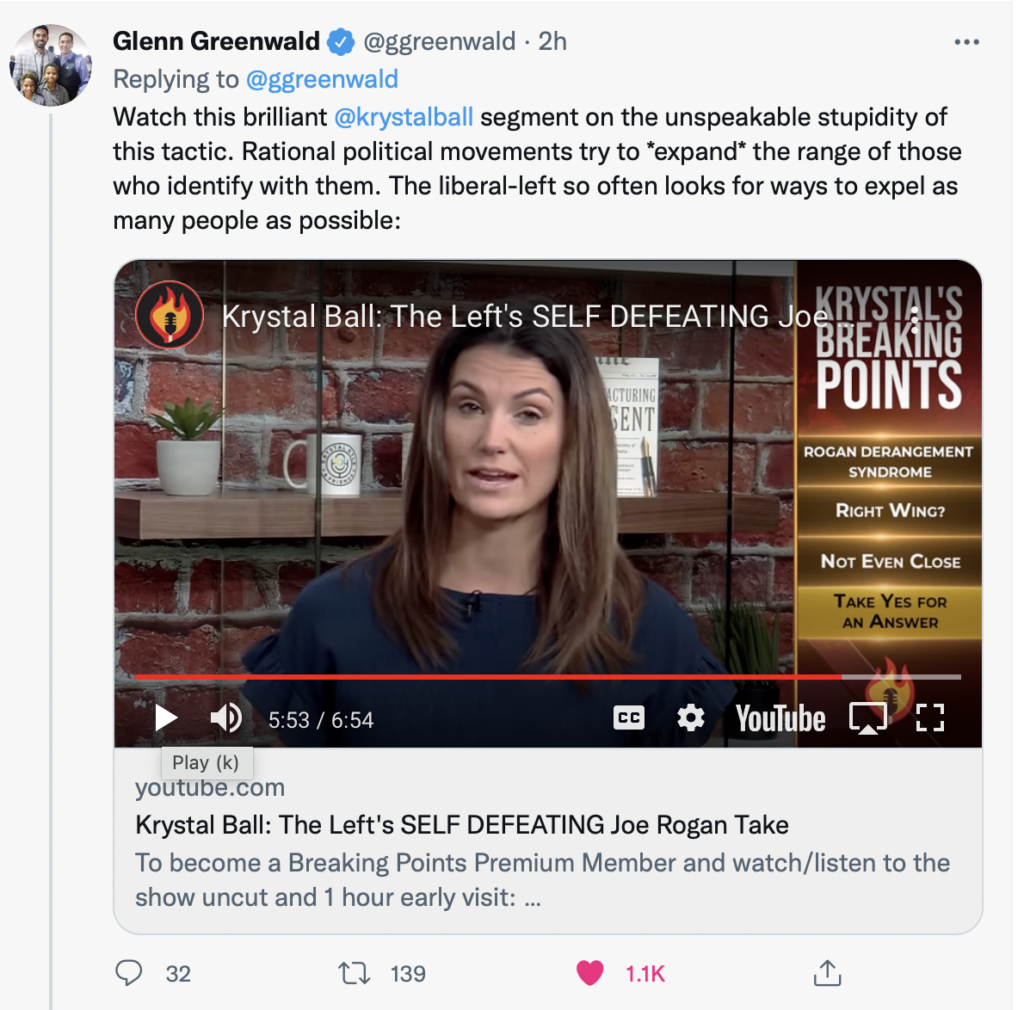How to Be a Human Animal, Chapter 17: Conversations Worth Having
Chapter 17: Conversations Worth Having
Greetings once again, hypothetical newborn baby! Instead, I'm here once again to teach you another Life Lesson. I had to learn these at the School of Hard Knocks. No, I'm not claiming that you're not as able as me to learn those lessons. I'm just trying to spare you some pain and frustration. OK OK! I admit that this is merely a thought experiment by which I am trying to set forth the most important things I've learned in 65 years. By the way, if you aren’t completely satisfied with these lessons, I’ll refund all of the money you paid for them ! This is Chapter 17 already. Wow. Aren't you tired of hearing my voice? No? OK. Then I'll continue. If you need to review any of the past lessons, can find them all here.
Today we’re going to talk about conversations. That term doesn’t simply mean talking with someone any more than food is defined as anything you put your mouth. Er, I can already see you drooling at you stare at my car keys. Just settle down now . . . OK, you can suck on your toes while you listen. That’s cool.
There are many types of conversations, but they fall on a continuum from simple factual exchanges on (“Is it raining?” “Yes”) to collaborations in which the parties set out to figure out a complex topic as a joint exercise by celebrating each others’ contributions.
Psychologist Scott Barry Kauffman recently Tweeted:
Imagine what discourse would be like if instead of it being conceptualized as a "match" to see who "wins", discussions were seen as mutual attempts to get at a shared truth or seen as a shared mission to get outside of ourselves and transcend our individual perspectives.
That would be a nice world, the kind I can imagine happening 24/7 at the big house where the philosophers and other "virtuous pagans" hang out just on the other side of Dante's River Acheron. You, however need to live in the world you were handed. You ended up on a Grade A planet in a Grade C era with regard to conversations.
Right now, your interactions will mostly be where some other baby grabs your toy and you cry. Here’s the problem you'll encounter when you get older: Even if you optimistically join a discussion hoping it is of the “Kauffman” variety, that doesn’t guarantee an enlightening and engaging experience. It takes two to tango and many people would rather honk at you (don’t look at ME as I say that!) than celebrate each other’s differing perspectives. Tango is the correct metaphor because, at their best, conversations are like dancing with other people. If either of you are stepping on the others’ feet, neither of you are going to have a good time.
Here's why this era is so fraught for those who want to share complex ideas with others (especially on contentious topics): We live in a time where the so-called news media makes much of its money by stirring up conflict and even hate. It’s the same thing with social media. The companies in charge of these things have decided in their corporate consciences that it's quite simple, actually: no conflict, no money. This has wrecked a pretty decent (though admittedly imperfect) conversational thing we had going on for decades.
Here’s how it so often plays out: Let’s say that you join a conversation in an open frame of mind, interested in freely sharing perspectives on an issue, but the other person is not so inclined. The other person, having been steeped in news media and social media, and now cooked to an extra-fever pitch of loneliness and rage during the pandemic, is committed to scoring points, schooling you and “winning” the discussion. I know, right? Why should there ever be a “winner” to a discussion, but that’s how many people see it these day. And they have plenty of tactic for “winning,” including these: [More . . . ]



